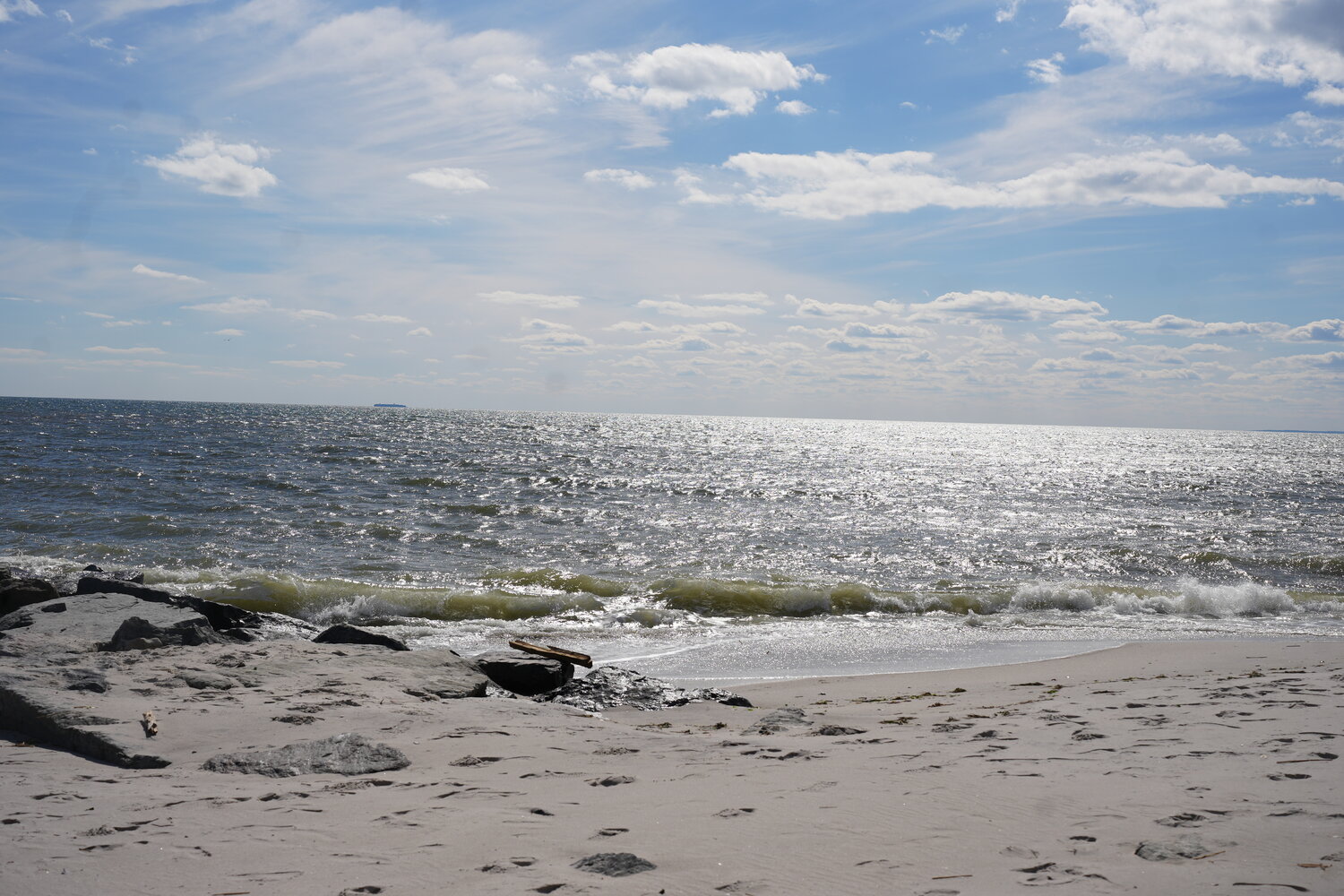Beach passes go on sale Saturday
It’s almost time to bring your towels, beach chairs and umbrellas down to the sand, Long Beach.
Beach passes for the 2024 season went on sale Saturday, meaning summer is one step closer to being officially underway. The passes are sold only at the gazebo at the Rec Canter to start. Community members will again have the option to purchase and use physical or electronic passes.
The option for electronic beach passes was introduced in 2021. The city decided to partner with Roslyn Heights-based US eDirect to develop and execute the digital beach passes that year. They acted as the front-end for the purchasing, with the passes then being used through the Yodel mobile app. US eDirect has since been bought out by Tyler Technologies and Yodel has taken over the contract itself.
The use of the electronic option compared to the typical physical option was discussed at the April 2 City Council meeting. Joe Brand, the city’s beach park supervisor, said, in regard to electronic seasonal passes, 125 individual resident and 100 non-resident passes were sold, 672 resident family and 250 non-resident family, 352 non-resident seniors and 112 military.
“It sounds like most people are still opting for the plastic, that get the seasonal ones,” Council member John Bendo said. “So it’s helping with the dailies.”
Parks Commissioner Joe Brand said, with the electronic passes, the city can track which beach entrances people are using. He said most daily passes are scanned at the beaches in the center of Long Beach, meaning by the train station where people come from out of town for a day.
Regardless of which method of beach pass someone buys, the prices are the same. Resident individual passes cost $85, family are $115, and senior and child cost $30. Non-resident individual cost $170, family are $230, and senior and child are $60. For daily passes, resident cost $12 and non-resident cost $15. The only difference is a 25-cent surcharge for electronic dailies and $1 for seasonal.
Council President Brendan Finn said he would like for the city to eventually scan all passes, not just the dailies. “Perhaps we can get to a point where we scan even the local passes,” Finn said, “so that everything has either a barcode or a QR code so we can keep track of it and how many people go on the beach every day.”
Finn said he hopes to have that implemented next summer.
Saying he hopes the city can track where and when people go on the beach, Finn said, “I think that’s something that’s important so that Long Beach can make some money off this great resource that we have and make it a positive thing, rather than something that we’re fighting to keep our heads above water.”
In an effort to make up a shortfall in beach fees of more than $1 million in 2021, the Long Beach City Council raised the fees, including those in the most widely used category, the resident family plan. It was the second straight year fees had been raised, after a number of years in which they remained unchanged.
“Our problem is, we don’t need to charge more money,” Finn said,” we need to collect more money. We need to make sure that everybody has a pass, rather than keep upping the price so nobody buys them.”






